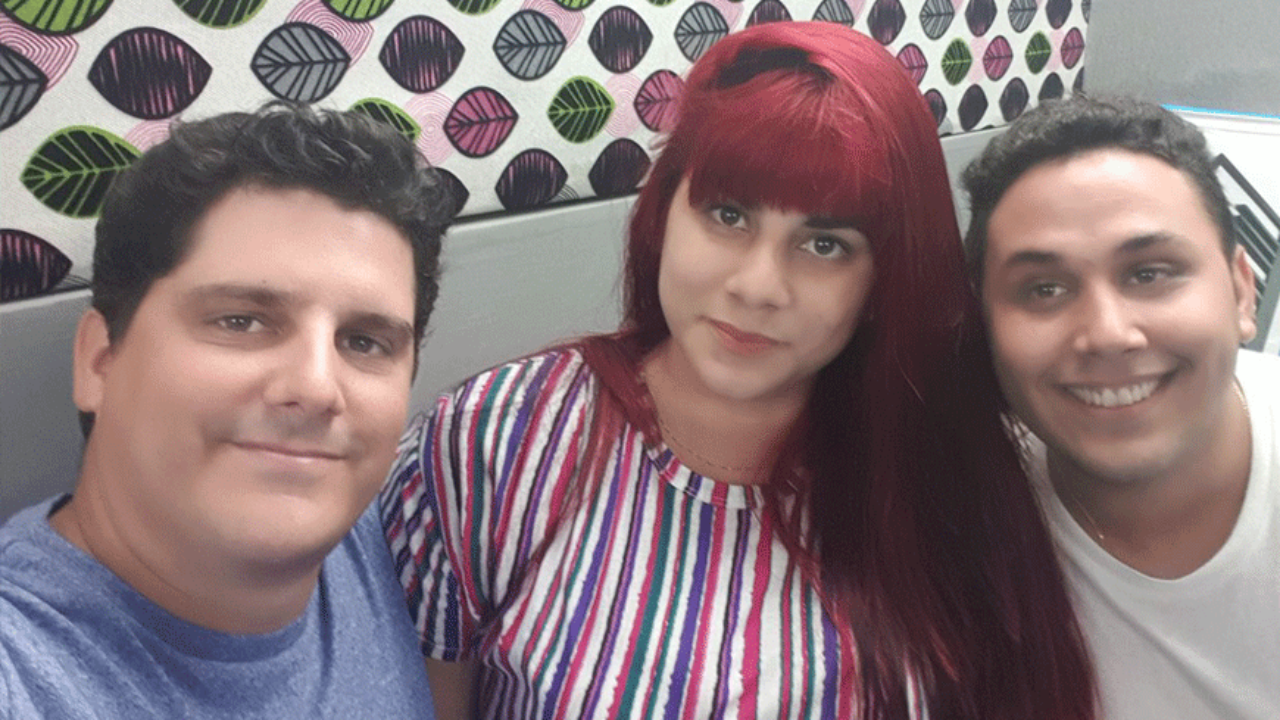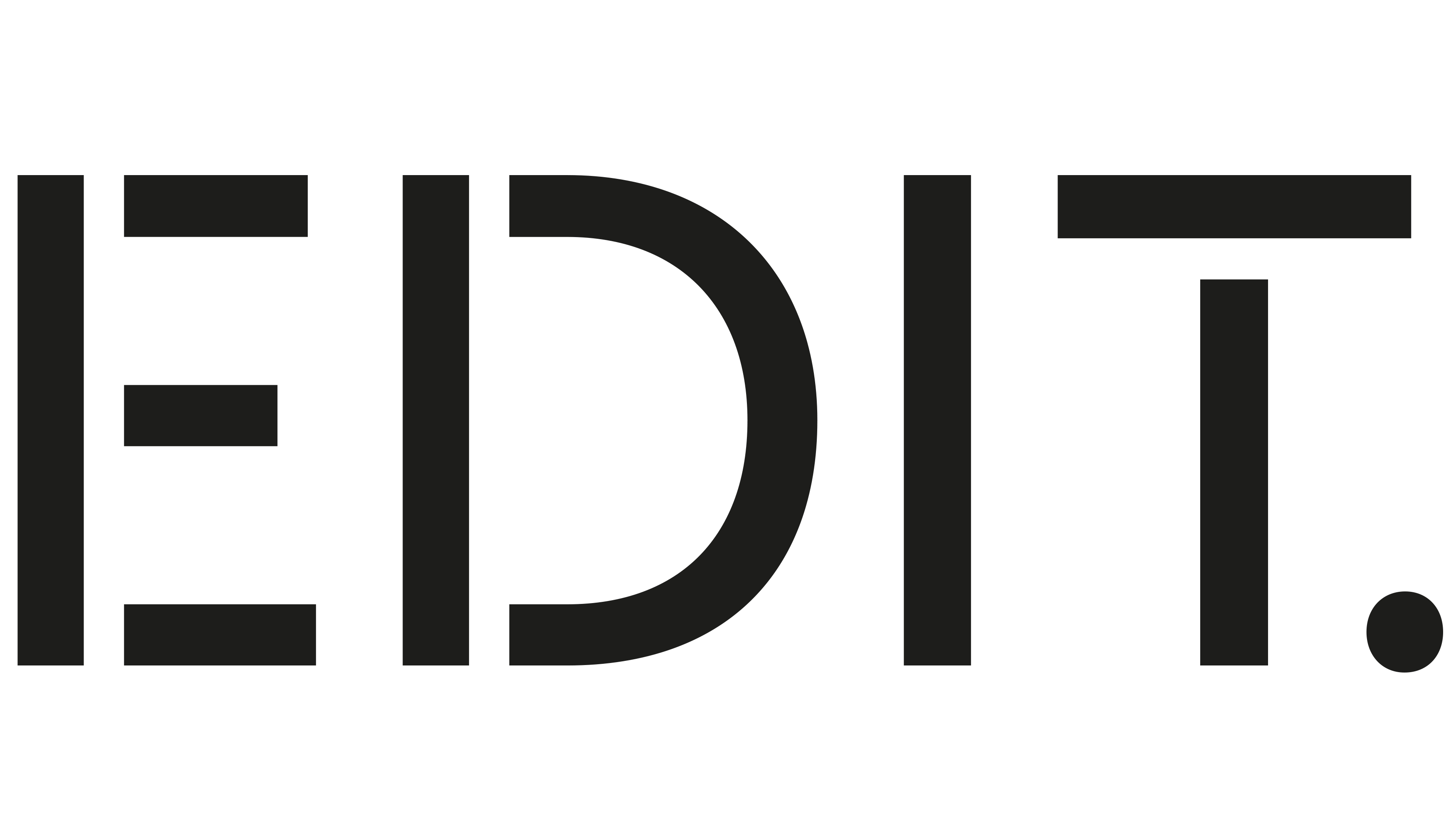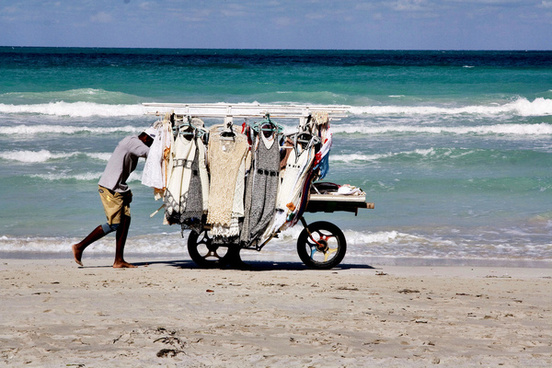Cuba is a country that has been under strict media censorship for decades and still is. Recently however with the thawing of external cold war pressures and development initiatives from the government, 3G is being slowly introduced to the country, giving many sudden access to a much more unfiltered internet than before.
For those unaware, Cuba is a western Caribbean country that underwent a communist revolution in the late 50’s to depose a US backed dictator. From that point on, diplomatic and economic contact with the western world was essentially non-existent if not hostile, not to mention the growing pains that come with a newly established government and a communist (later more socialist) one at that. As time went on, the Soviet Union fell though the American embargo on the island remained alive and well until the Obama administration and the current president, Raúl Castro, negotiated an easing of the restrictions. Even today though many things are restricted such as tourism. Throughout the decades, the Cuban government has followed a policy of media censorship amongst other restrictions and as contact with the outside world is becoming more prevalent, there are still large portions of the population who strongly support the government and see no problem with the censorship. Times are changing, however.
Social media has its own share of problems and controversies worldwide. In a country such as Cuba however, different problems and benefits arise. With the restrictions made laxer and the advent of 3G on the island, unfiltered internet is becoming more available to more people, new opinions, new information, a new level of communication and conversation among islanders. A group called Cubans in Favour of Animal Rights (CEDA) is making express use of social media in order to both make it easier for people to notify them of stray animals in need to help, and to publicise their cause to the people which is to introduce currently non-existent animal rights legislature into the law books. Social media platforms have also been used by LGBT rights groups to organise marches and rallies around the nation and provide a space for more dialogue on issues facing their community on the island.

The topic of free speech has also been disseminated throughout the country. Bear in mind that it isn’t as if this is the advent of free thought in Cuba, these ideas were talked about and done before social media became more accessible and those groups mentioned before were already active, the change that happened is that it gave people another playing field to talk, discuss, do business, learn, etc… where other sources were censored or overloaded and shoddy. A stellar example of this is the podcast El Enjambre (unfortunately mostly in Spanish for you non-Spanish speakers out there) where two staunch free-speech supporting hosts and a more cautious host met each other on social media and decided to start a podcast where they debate issues in Cuba and the Caribbean today.
As a member of the Caribbean diaspora, it is always interesting to keep up with issues affecting my family and myself as a citizen of Jamaica and the States, two countries only a very short boat ride away from Cuba. Most of the islands have a somewhat common history up until a certain point so there is a sense of camaraderie amongst islanders. With Cuba being an island that has been quite isolated for a lot of recent history, it also sort of acts as a kind of micro chasm for the debate on personal freedoms. Only time will tell how these new technologies will affect the island.


